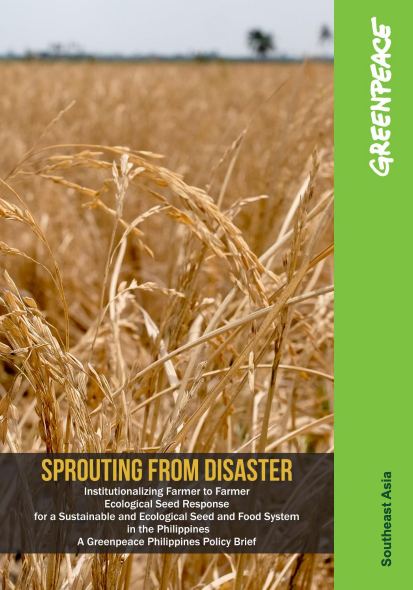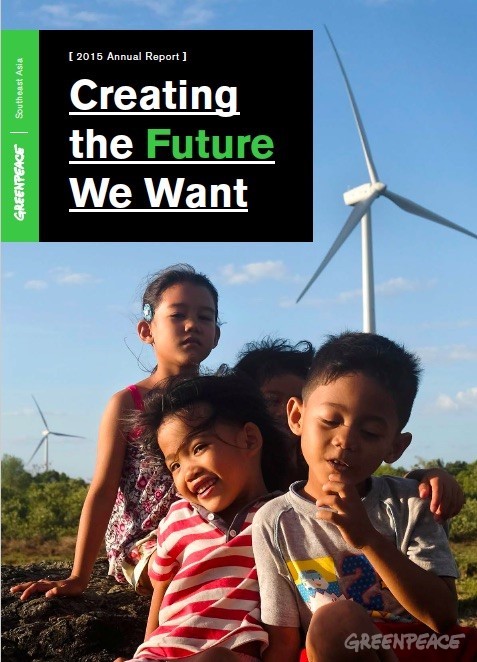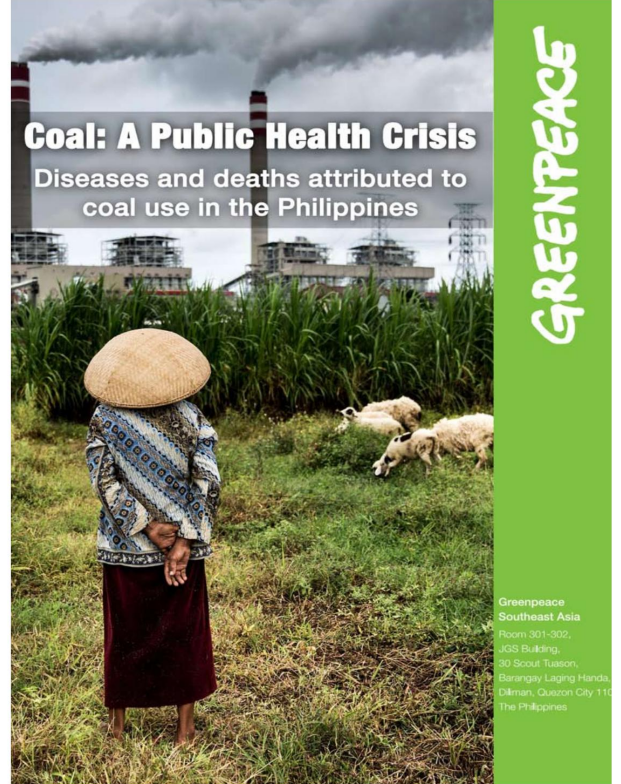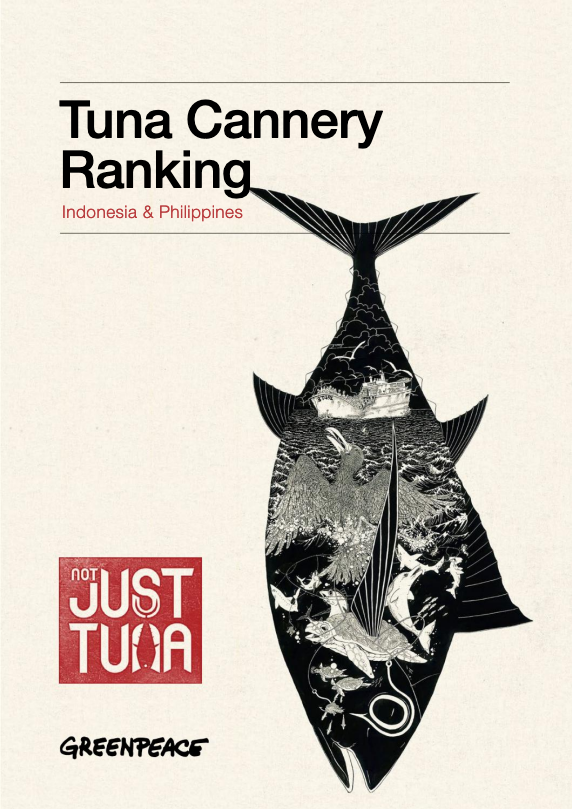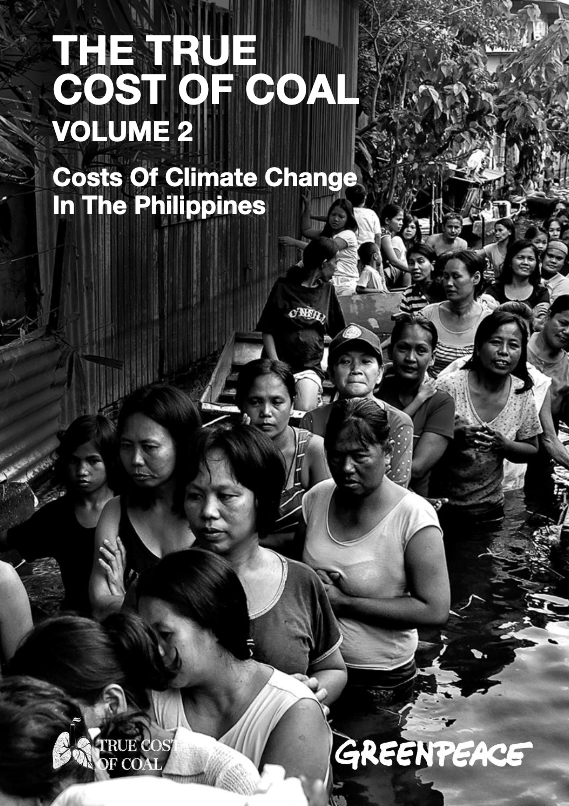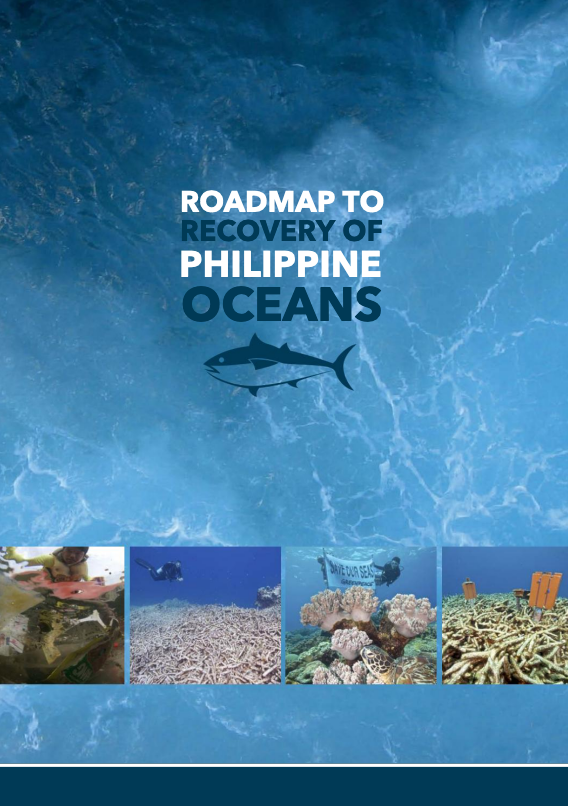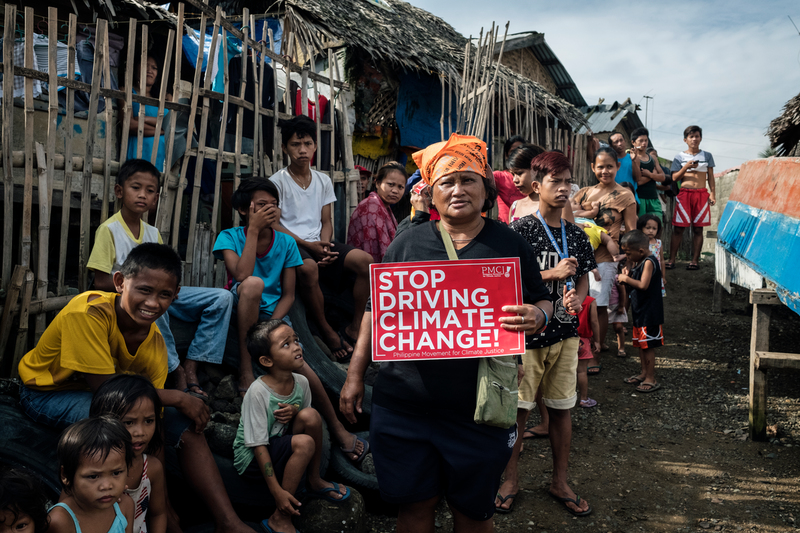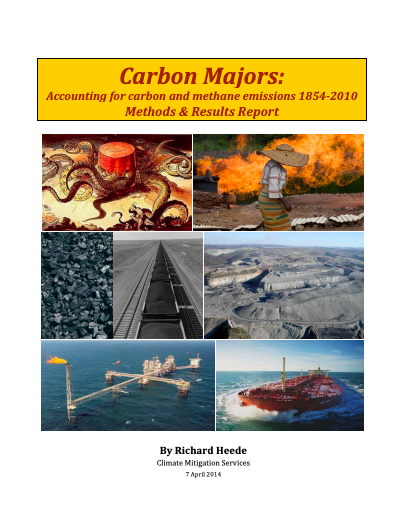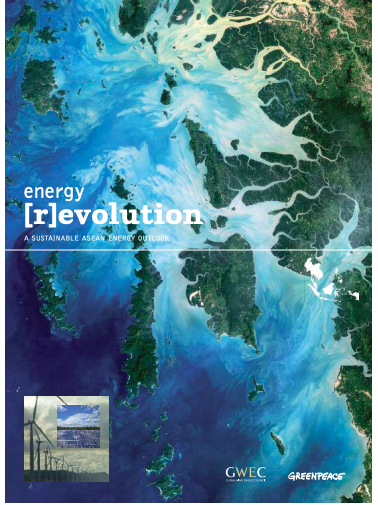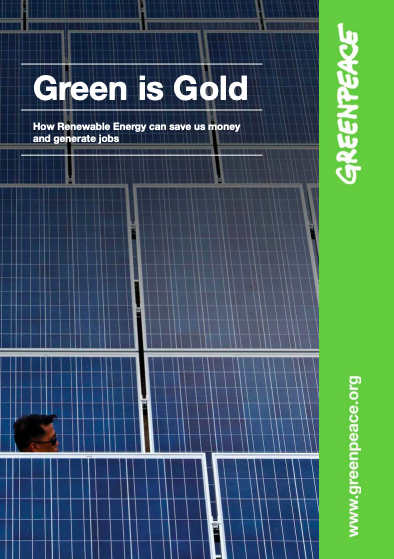All articles
-
Sprouting from Disaster
Climate change is making natural disasters more intense and frequent, which in turn cause periodic food emergencies and damage billions' worth of agriculture. In response, the government must review its policies and craft new ones so that farmers can help their fellow farmers who are affected by storms and drought to access diversified seeds. This…
-
Annual Report 2015
Find out about Greenpeace Southeast Asia's Annual Report 2015
-
Coal: A Public Health Crisis
Coal is a major public health hazard. Each stage of the coal life cycle – mining, transportation, washing, combustion, and disposing of post-combustion wastes – carries health risks that lead to lung, heart and brain diseases, as well as work-related injuries. Burning coal affects the environment, human health and wildlife, and is a major contributor…
-
Tuna Cannery Ranking
Greenpeace Southeast Asia believes that consumers have a right to know where and how their tuna was caught. Modern consumers who are aware of their impact on the planet want to play a key role in preserving tuna resources for the enjoyment of future generations.
-
True Cost of Coal in the Philippines (Volume 2)
Given the economic, social and environmental havoc that climate change has wrought in the Philippines, embracing coal is a dangerous policy. Short term benefits of coal to some elite players…
-
Roadmap to Recovery of Philippine Oceans
The Roadmap to Recovery for the Philippine Oceans is an urgent proposal to reverse the deteriorating condition of the country’s marine resources – the need to safeguard the health of our oceans, the viability of coastal communities and national food security is the key guiding principle. The Aquino Administration will have a significant role to…
-
True Cost of Coal in the Philippines
Coal burning has existed for centuries. It powered the Industrial Revolution, changing the course of the world. At present it provides 29.9% of global primary energy needs and generates 41% of the world's electricity. It is also used in the production of 70% of the world’s steel. Total world coal production reached a record level…
-
Carbon majors: accounting for carbon and methane emissions 1854-2010
Climate change is no longer an abstract concept that scientists and environmentalists discuss, but a reality of many people’s lives. Over the past few years record breaking and extreme weather…
-
Energy [R]evolution: A Sustainable ASEAN Energy Outlook
Southeast Asia needs energy – sustainable, clean energy! Renewable energy is the solution to the region’s energy needs and it is undeniable that the potential for the 10-member countries of…
-
Green is gold: how renewable energy can save us money and generate jobs
Green can bring us gold: renewable energy can bring jobs, cost savings, and money to the Philippines. However, in the Philippines, ordinary citizens, business people, government workers, and even the…

